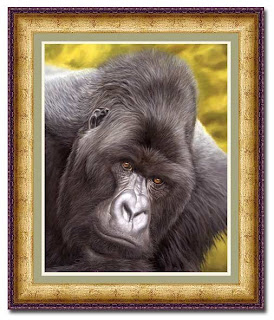
Known as a painter of nurses and photographer of Marlboro men, appropriation artist Richard Prince has been quietly creating an arts retreat deep in the Catskills, a few hours drive from New York City. As the Wall Street Journal wrote about this week, Prince is preparing to open the estate to the public. Large works, like the car above or others coated in image screens from his ‘Girlfriends’ series or the installation of framed rubber below, are scattered throughout the property along with works in progress. For me, though, Prince’s library would be the treasure trove. The artist is also a prodigious book collector, especially of the 20th century, and he has rows upon rows of bookshelves in white-shelved studio library. Moreover, book-collecting has inspired his work, so that covers of pulp fiction turned into his successful Nurses series of paintings. I’d drive the 200-miles to see it.
More on the WSJ website here.



